-
Repurposing Discarded Materials:
Reclaimed wood furniture is crafted from materials salvaged from various sources, including old structures, industrial remnants, and discarded furniture. Instead of letting these materials languish in landfills, artisans and manufacturers breathe new life into them. By repurposing discarded wood, the creation of reclaimed furniture becomes a testament to the transformative potential inherent in what is often considered waste.
The choice to invest in reclaimed wood furniture aligns with the ethos of repurposing, thereby minimizing the wastage of materials that would otherwise contribute to the growing burden on landfills.
-
Extending the Lifespan of Wood:
Traditional furniture, often crafted from new wood, may have a relatively short lifespan before succumbing to wear and tear. In contrast, reclaimed wood furniture is celebrated for its durability and resilience. The inherent strength of reclaimed wood allows it to withstand the test of time, thereby extending the lifespan of furniture items.
By investing in furniture that lasts longer, consumers actively contribute to the reduction of wastage. The need for frequent replacements is diminished, resulting in less discarded furniture and a more sustainable use of resources.
-
Curbing the Linear Consumption Model:
The conventional model of consumption follows a linear trajectory - resources are extracted, products are manufactured, used, and then discarded. Reclaimed wood furniture disrupts this linear cycle by introducing a circular approach. Instead of perpetuating a culture of disposability, reclaimed wood furniture embodies the principles of reuse and repurposing.
Through the adoption of a circular consumption model, where materials are continually repurposed, consumers actively participate in breaking the cycle of wasteful linear consumption, contributing to a more sustainable and responsible use of resources.
-
Mitigating Environmental Impact:
The environmental impact associated with the extraction, processing, and transportation of new materials is considerable. By choosing reclaimed wood furniture, consumers directly mitigate this impact. The use of salvaged materials reduces the demand for fresh resources, lowering the overall environmental footprint associated with the furniture industry.
In essence, the decision to invest in reclaimed wood furniture becomes a proactive measure to lessen the negative environmental consequences typically linked with the linear consumption of new materials.
-
Fostering a Circular Economy:
Reclaimed wood furniture is a tangible manifestation of the circular economy in action. In a circular economy, the lifespan of materials is extended through continual repurposing and reuse. The creation and purchase of reclaimed wood furniture contribute to the development of a closed-loop system where materials are recycled and transformed rather than being disposed of after initial use.
This shift towards a circular economy not only reduces wastage but also promotes a more sustainable and regenerative approach to consumption.
-
Encouraging Mindful Consumption:
The choice to invest in reclaimed wood furniture reflects a shift towards mindful consumption. In a culture dominated by fast-paced trends and disposability, the decision to choose furniture crafted from reclaimed materials signifies a conscious effort to consider the environmental impact of consumer choices.
This shift in mindset extends beyond the immediate purchase of furniture; it influences broader consumer behaviours and fosters a sense of responsibility towards minimizing wastage in various aspects of daily life.
In conclusion, purchasing reclaimed wood furniture becomes a potent instrument in the reduction of wastage, offering a sustainable and aesthetically pleasing alternative to conventional furniture choices. By repurposing discarded materials, extending the lifespan of wood, disrupting the linear consumption model, mitigating environmental impact, fostering a circular economy, and encouraging mindful consumption, individuals actively contribute to a more sustainable and responsible approach to living.
As consumers increasingly recognize the transformative potential of reclaimed wood furniture, it becomes not just a trend but a paradigm shift towards a world where wastage is minimized, and resources are cherished and repurposed. In the quest for a greener future, reclaimed wood furniture stands as a beacon of mindful consumption, offering a tangible way for individuals to make a positive impact on the environment.


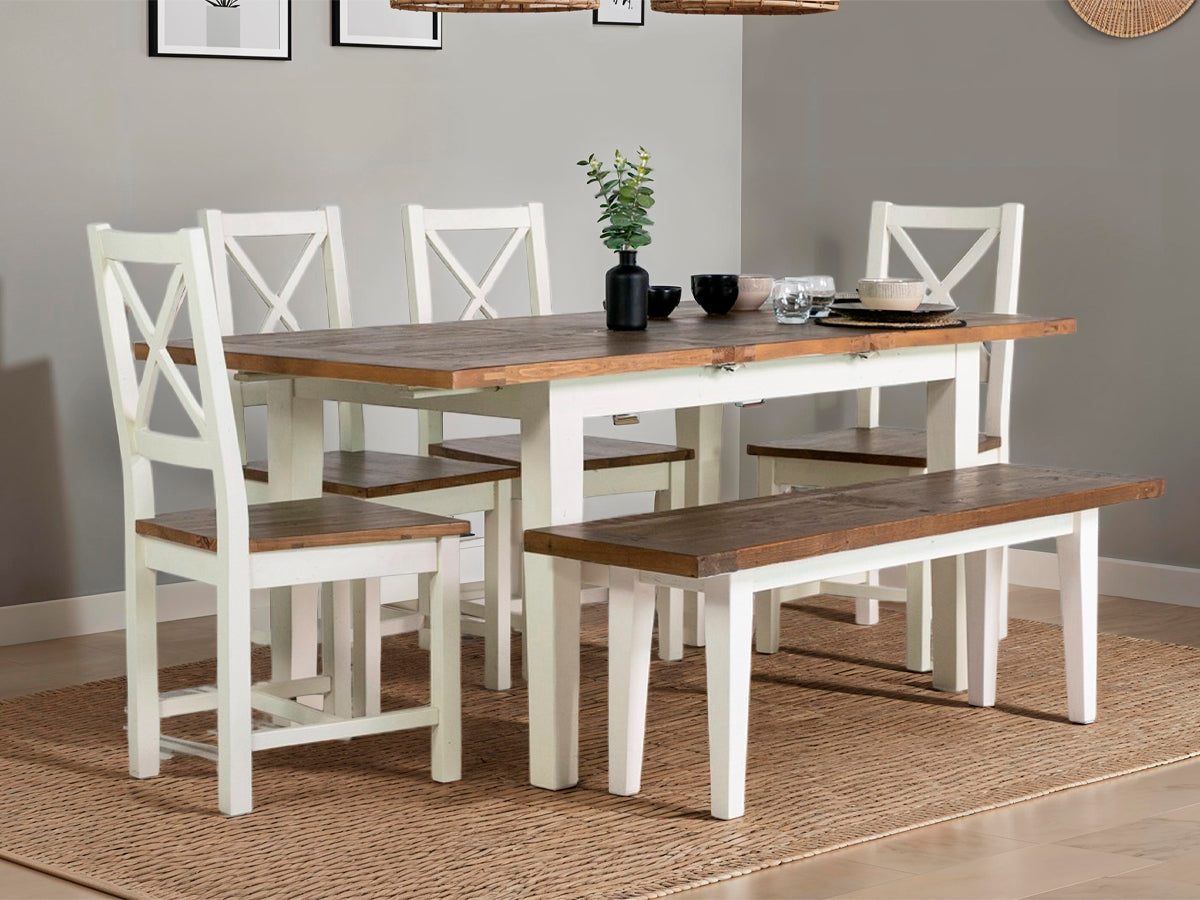

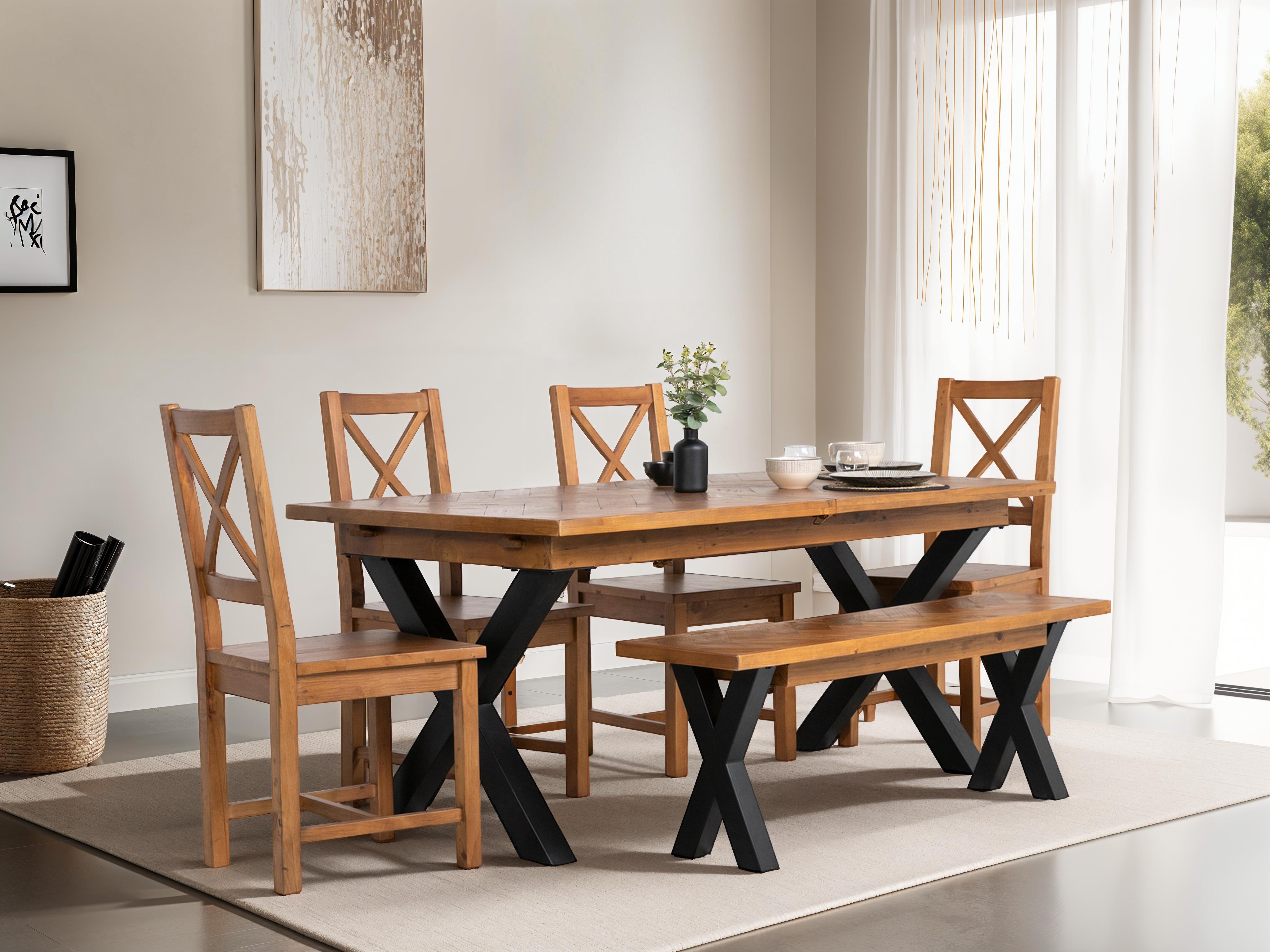
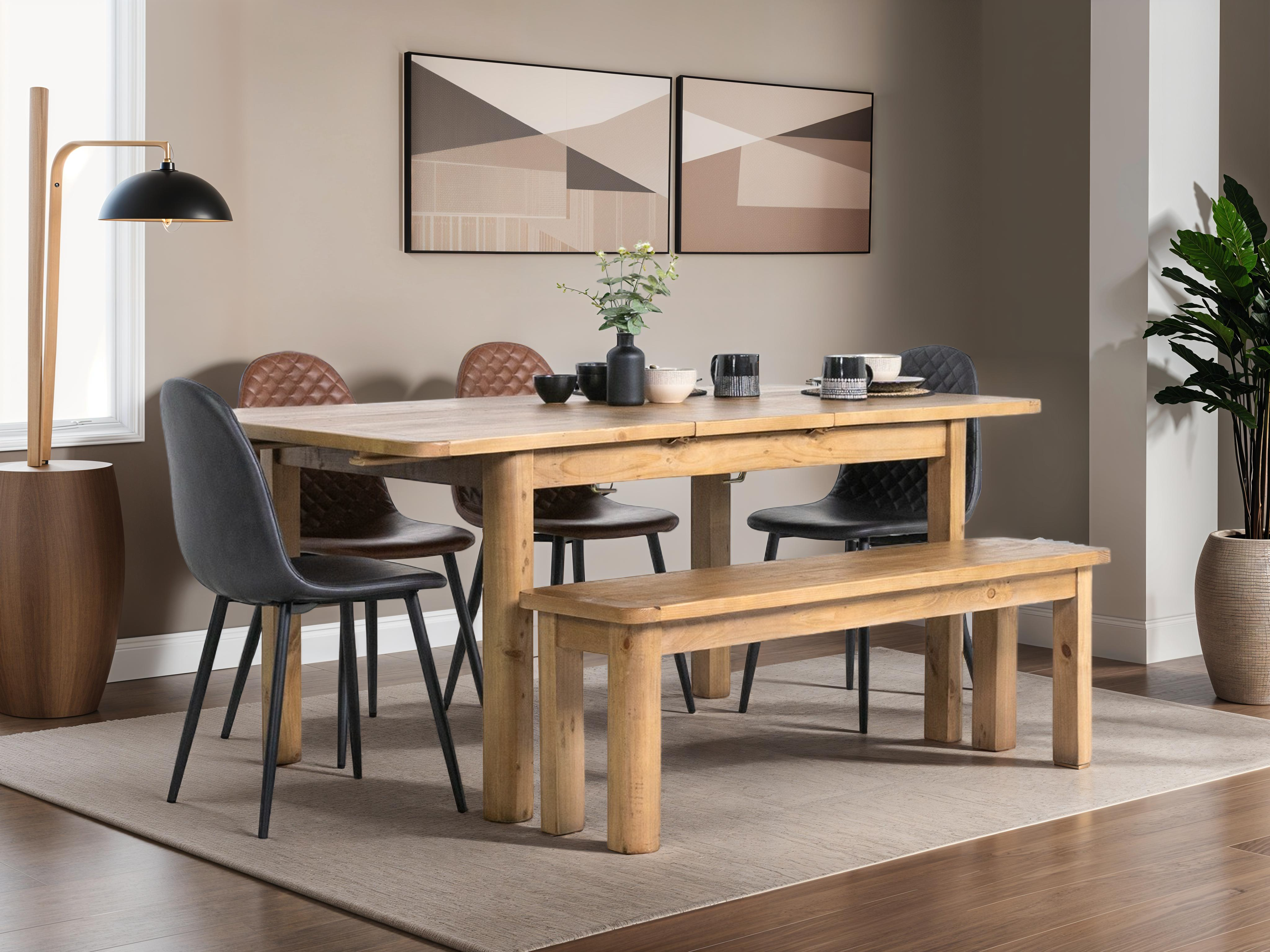
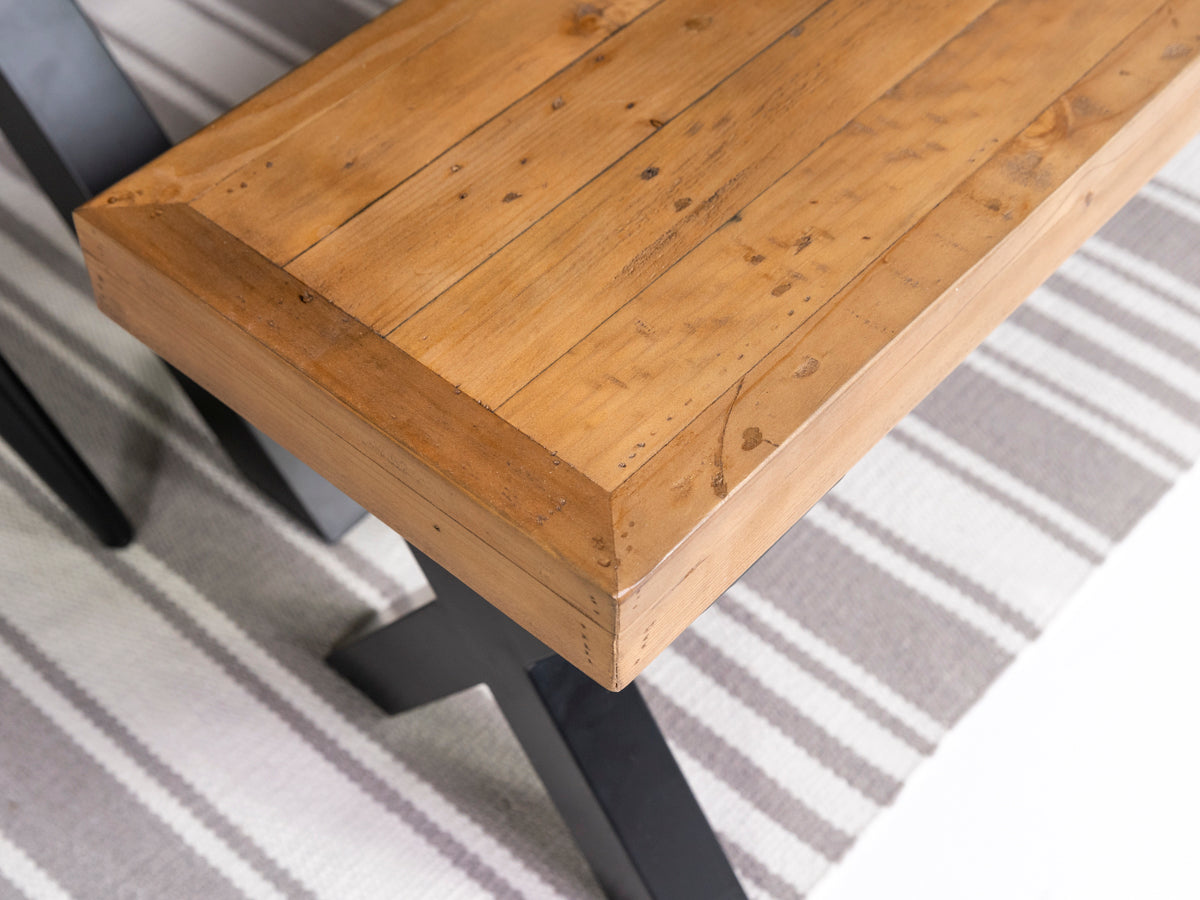

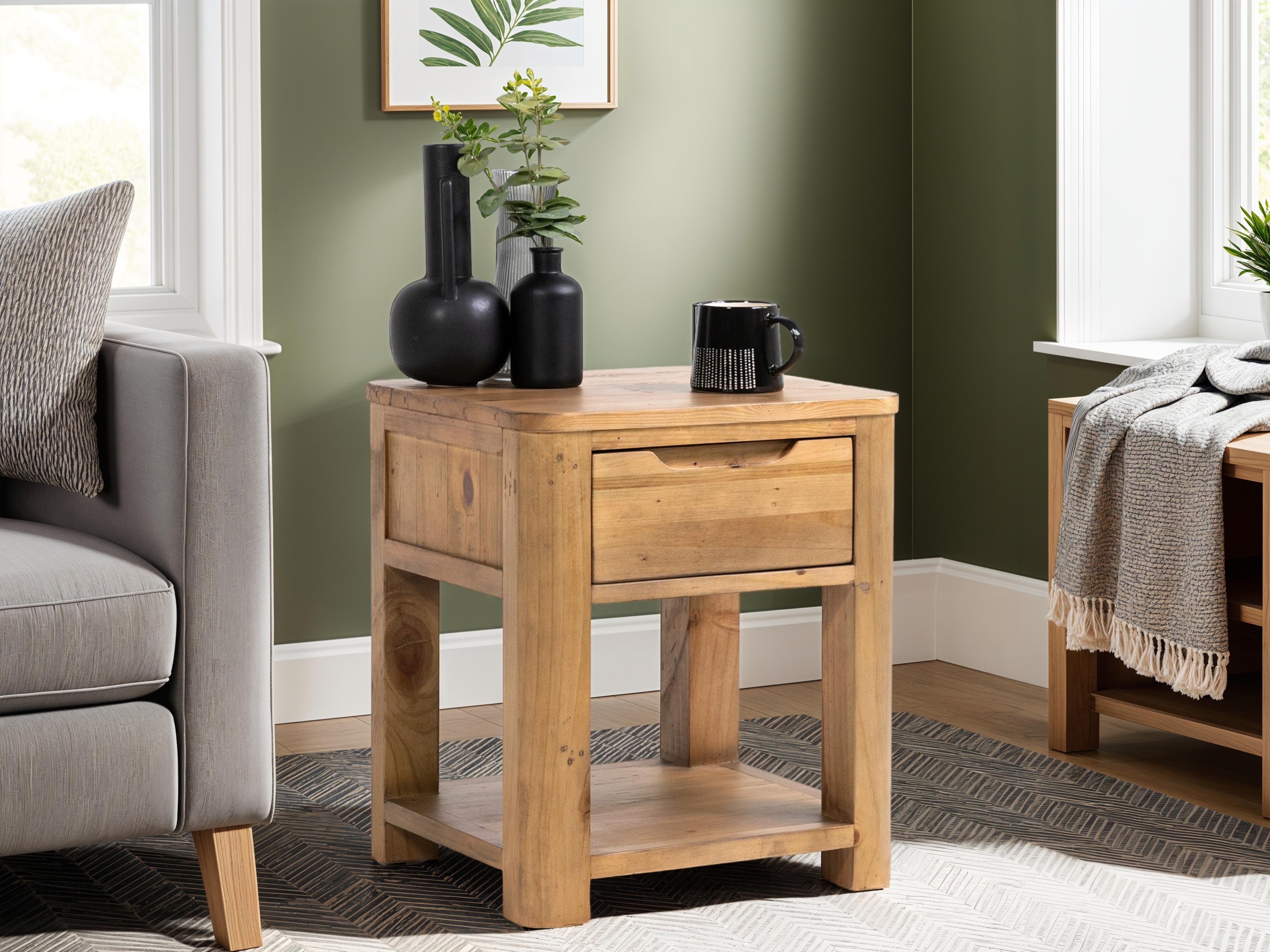










Leave a comment
This site is protected by hCaptcha and the hCaptcha Privacy Policy and Terms of Service apply.